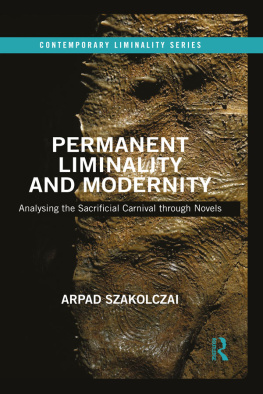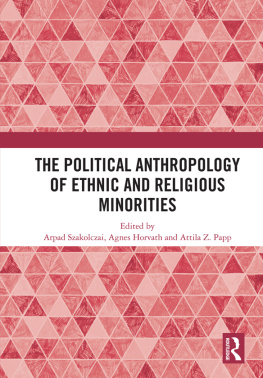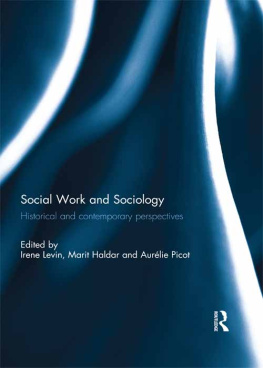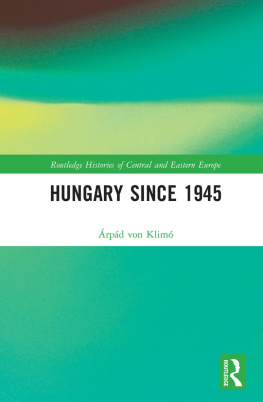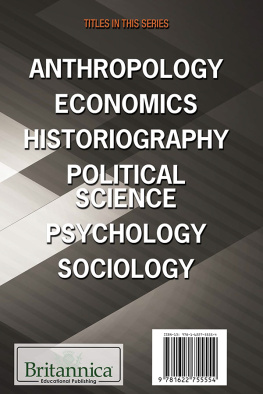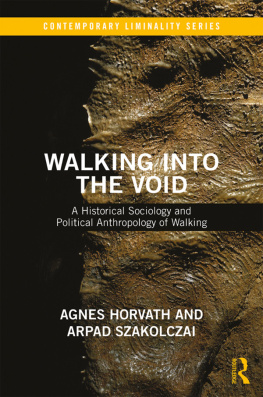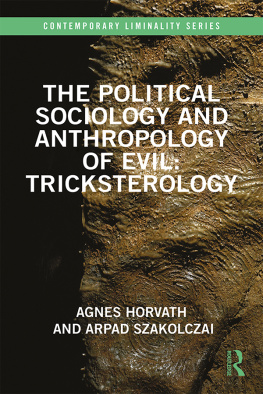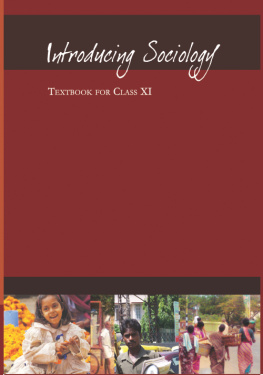
Novels and the Sociology of the Contemporary
This book substantiates two claims. First, the modern world was not simply produced by objective factors, rooted in geographical discoveries and scientific inventions, to be traced to economic, technological or political factors, but is the outcome of social, cultural and spiritual processes. Among such factors, beyond the Protestant ethic (Max Weber), the rise of the absolutist state and its disciplinary network (Michel Foucault) or court society (Norbert Elias), a prime role is played by theatre. The modern reality is deeply theatricalised. Second, a special access for studying this theatricalised world is offered by novels. The best classical novels cannot be simply interpreted as describing a world like the theatre, but they capture and present a world that has become thoroughly transformed into a global theatre. The theatre effectively transformed the world, and classical novels effectively analyze this theatricalised realitymuch better than the main instruments supposedly destined to study reality, philosophy and sociology. Thus, instead of using the technique of sociology to analyse novels, the book treats novels as a royal road for analysing a theatricalised reality, in order to find our way back to a genuine and meaningful life.
Arpad Szakolczai is Professor of Sociology at UCC, Ireland.
Routledge Studies in Social and Political Thought
For a full list of titles in this series, please visit www.routledge.com
102The New Materialism
Althusser, Badiou, and iek
Geoff Pfeifer
103Authenticity, Autonomy and Multiculturalism
Geoffrey Brahm Levey
104Marxism, Religion and Ideology
Themes from David McLellan
Edited by David Bates, Iain MacKenzie and Sean Sayers
105Distributive Justice Debates in Political and Social Thought
Perspectives on Finding a Fair Share
Edited by Camilla Boisen and Matthew C. Murray
106Re-Grounding Cosmopolitanism
Towards a Post-Foundational Cosmopolitanism
Edited by Tamara Caraus and Elena Paris
107Panarchy: Political Theories of Non-Territorial States
Edited by Aviezer Tucker and Gian Piero de Bellis
108Gramscis Critique of Civil Society
Towards a New Concept of Hegemony
Marco Fonseca
109Deconstructing Happiness
Critical Sociology and the Good Life
Jordan McKenzie
110Novels and the Sociology of the Contemporary
Arpad Szakolczai
Novels and the Sociology of the Contemporary
Arpad Szakolczai
First published 2016
by Routledge
711 Third Avenue, New York, NY 10017
and by Routledge
2 Park Square, Milton Park, Abingdon, Oxon OX14 4RN
Routledge is an imprint of the Taylor & Francis Group, an informa business
2016 Taylor & Francis
The right of Arpad Szakolczai to be identified as author of this work has been asserted in accordance with sections 77 and 78 of the Copyright, Designs and Patents Act 1988.
All rights reserved. No part of this book may be reprinted or reproduced or utilised in any form or by any electronic, mechanical, or other means, now known or hereafter invented, including photocopying and recording, or in any information storage or retrieval system, without permission in writing from the publishers.
Trademark notice: Product or corporate names may be trademarks or registered trademarks, and are used only for identification and explanation without intent to infringe.
Library of Congress Cataloging-in-Publication Data
Names: Szakolczai, Arpad, author.
Title: Novels and the sociology of the contemporary / by Arpad Szakolczai.
Description: New York : Routledge, 2016. | Series: Routledge studies in social and political thought ; 110 | Includes bibliographical references and index.
Identifiers: LCCN 2016003528 (print) | LCCN 2016013268 (ebook) | ISBN 9781138655591 (alk. paper) | ISBN 9781315622439 ()
Subjects: LCSH: FictionHistory and criticism. | Reality in literature. | Life in literature. | Literature and society. | Civilization, Modern, in literature.
Classification: LCC PN3491 .S93 2016 (print) | LCC PN3491 (ebook) | DDC 809.3/9358208dc23
LC record available at http://lccn.loc.gov/2016003528
ISBN: 978-1-138-65559-1 (hbk)
ISBN: 978-1-315-62243-9 (ebk)
Typeset in Sabon
by Apex CoVantage, LLC
To the memory of my mother
Contents
Part I
The Triple Origins of the Modern Novel
Part II
Actors, Spectators and Critics in the Sublime Theatre of the Public Arena
Part III
The Goethe Chronotope: Between Panopticon and Circus
Part IV
Beneath and Beyond Romantic Enlightenment
This book is part of a long-term project, devoted to a sociological interpretation and reassessment of the nature and dynamics of the modern global world. It is closely based on my previous Routledge monographs, in particular, Comedy and the Public Sphere. Together with their predecessor, Sociology, Religion and Grace, which pioneered a sociology of the Renaissance, they even form a trilogy, though this book stands on its own right, as its central ideas and the analysis offered are self-contained.
The 2013 book reconstructed, genealogically, the rebirth of the theatre at the end of the Renaissance, arguing that this event played an instrumental role in bringing about the collapse of the Renaissance and served as a prelude to an in-depth transformation of European culture that can be called the theatricalisation of social life, a crucial aspect in the rise of the modern world, in close tandem with the rise of the modern economy (fairground capitalism), politics (at once carnivalesque and sacrificial mass democracy), and the knowledge complex (alchemic technology), and where a crucial role was played by the emergence of the public arena, forging modern modes of conduct.
In that book, the focus was on the reconstruction of the re-emergence of theatre and the manner in which it exerted a real effect on its audience. The question this book poses is how to present an in-depth, coherent analysis of a theatricalised society. It substantiates two claims. The first is that the modern world is not simply the outcome of objective processes, rooted in geographical discoveries and scientific inventions, to be traced to economic, technological or political factors, but is also the outcome of social, cultural and spiritual processes that not only had a relative autonomy but, to a large extent, also conditioned these objective developments; even further, among such cultural factors a prime role is played, apart from the rise of the absolutist state and its disciplinary network, the court society, the Protestant ethic and Puritanism, discussed extensively by genealogists of modernity like Max Weber, Michel Foucault, Norbert Elias or Eric Voegelin, by theatre. Thus, the modern world is a deeply theatricalised or commedified world. This does not mean that it has no tragic aspects; rather, such tragic aspects tend to be closely allied with the comic, being tragicomic, or absurd. The second, closely related idea is that a special access for the study of this theatricalised reality is offered by the




